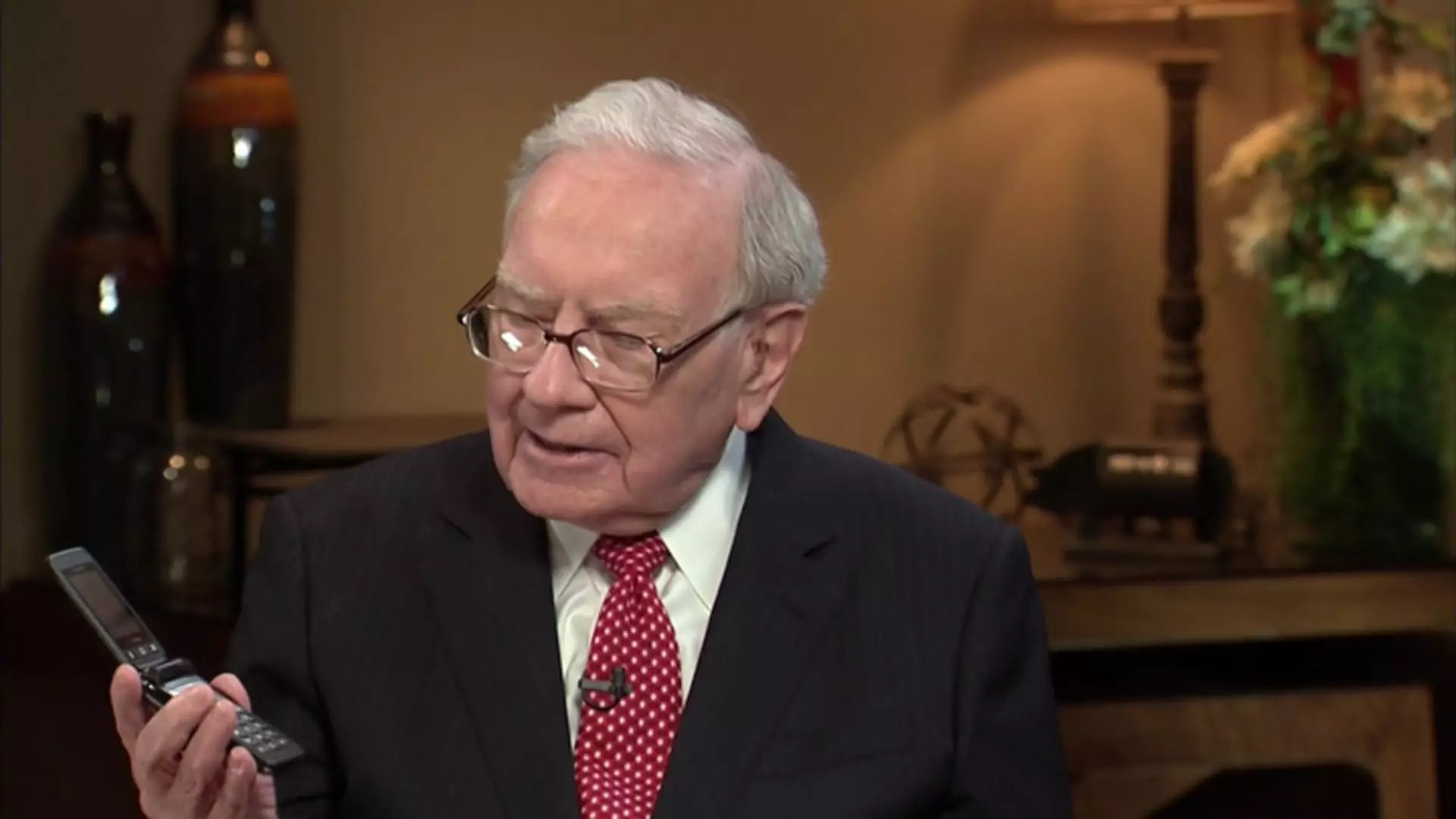Imitating the investment strategies of renowned figures in finance can be a daunting task, with very few achieving comparable success. Warren Buffett, considered one of the most successful investors of all time, has set a benchmark that few human investors can hope to reach. Nevertheless, as technology evolves, innovative approaches are emerging to tackle this challenge. Intelligent Alpha, a pioneering investment startup, is ambitiously launching the Intelligent Omaha ETF (AIWB), designed to harness artificial intelligence to replicate Buffett’s investment techniques. This venture raises compelling questions about the intersection of traditional investment wisdom and modern technological advancements.
The heart of this endeavor lies in how AI can be trained to understand and emulate Buffett’s unique investment philosophy. Intelligent Alpha plans to utilize three advanced language models—GPT, Gemini, and Claude—to assimilate a wealth of data that encapsulates Buffett’s financial acumen. This data comes from his widely published annual letters, public interviews, and regulatory filings that disclose Berkshire Hathaway’s equity positions. Doug Clinton, CEO of Intelligent Alpha, asserts that by providing AI with ample cognitive material on Buffett’s philosophies, the model can yield investment insights closely aligned with Buffett’s tried-and-true strategies.
However, therein lies a fundamental challenge: the depth of understanding required to comprehend Buffett’s evolving investment style. Over his prolific seven-decade career, Buffett has transitioned from investing in undervalued “cigar-butt” securities to prioritizing high-quality companies with sustainable competitive advantages. This transformation reflects a more nuanced investment philosophy, making it an intriguing yet complicated endeavor for AI to mimic his analytical approach.
Buffett’s journey in investment is not static; it illustrates a profound evolution influenced by various factors, including mentorship from figures like Charlie Munger. Initially, Buffett’s focus was on quick-turnaround gains through low-priced stocks. As he honed his analytical skills, he gravitated toward identifying companies with durable competitive moats trading at reasonable valuations. This adaptability has allowed Buffett to thrive even as market environments and investment landscapes undergo dramatic changes. Consequently, it raises the question: can AI distill this sophisticated understanding of value investing and apply it effectively in today’s market?
Additionally, Buffett’s established reputation as a formidable investor enables him to secure advantageous deals during financial downturns. Thus, replicating his skills involves not only analyzing market data but also grasping the qualitative aspects of negotiation and opportunity recognition that extend beyond mere analytics.
Intelligent Alpha’s forthcoming ETF aims to create a portfolio of 25 to 30 stocks reflective of Buffett’s preferences. The overlapping focus with Berkshire Hathaway’s portfolio, reportedly ranging from 30% to 60%, exemplifies a commitment to aligning with Buffett’s proven strategies. Importantly, while the chosen stocks may bear similarities, AI can assign different weightings based on its analytical rigor. The Intelligent Omaha ETF will not only be an experiment in machine learning but also a testbed for automated decision-making in investments.
The operational success of this ETF may well set a precedent for future AI-driven investment products. Already, Intelligent Alpha has launched the Intelligent Livermore ETF, which seeks to mirror the methodologies of various successful investors, including Buffett. These innovations reflect an increasing trend on Wall Street to leverage AI in investment strategies, piquing the curiosity of investors willing to embrace the future of finance.
Despite the excitement surrounding AI in investment, skepticism remains prevalent. Critics question whether AI can genuinely replicate the intuitive and qualitative dimensions of investing that seasoned professionals possess. With experience playing a pivotal role in successful investing, can a machine truly encapsulate a human’s nuanced understanding? This uncertainty complicates the narrative and invites critical examination of the long-term impacts of AI on the financial industry.
Furthermore, the financial landscape’s current fascination with AI and machine learning raises queries about sustainability. While AI was the hottest trend over the past two years, it remains to be seen if these technologies can consistently deliver results that justify the hype.
The launch of the Intelligent Omaha ETF marks a significant moment in the intersection of artificial intelligence and investment strategies, one that challenges traditional norms. As Intelligent Alpha seeks to marry Buffett’s timeless principles with the capabilities of modern technology, investors will be watching closely to see whether AI can decisively reshape the landscape of finance. Will this fusion be the dawn of a new era in investing, or will it be an exercise in futility? The unfolding journey promises to be as intriguing as it is complex, inviting continued discourse and analysis as we venture into uncharted territory.

